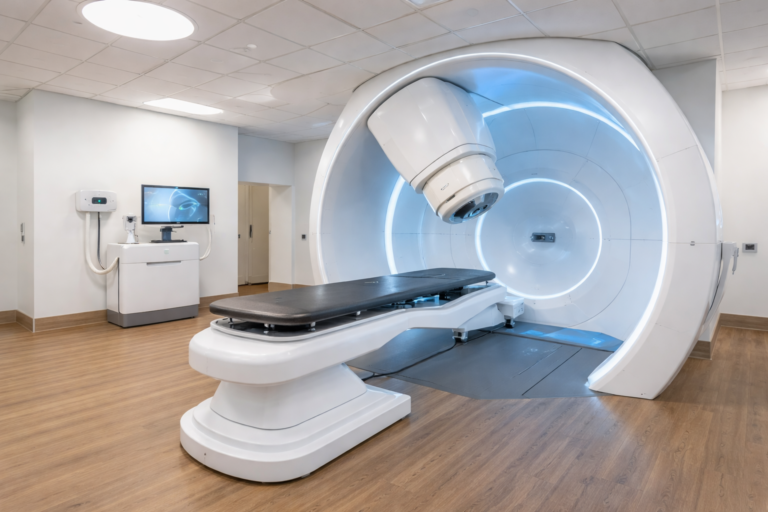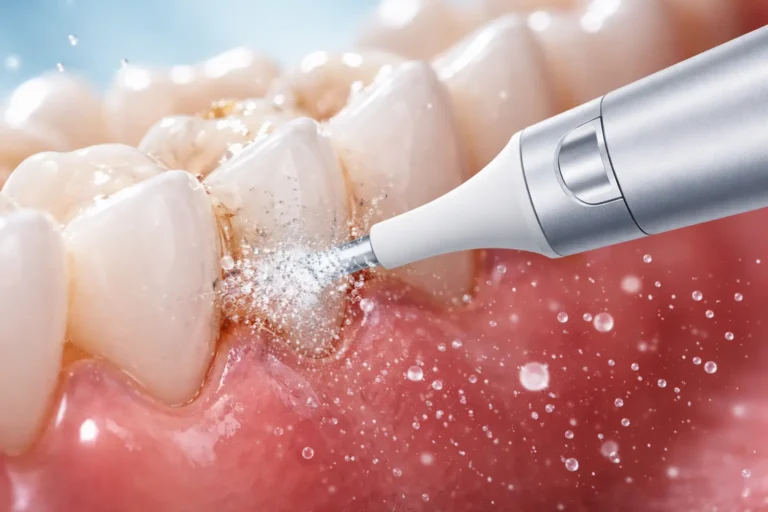
Paragonix Technologies, Inc., a leader in organ transplant innovations, has unveiled its annual report from the GUARDIAN-Heart Clinical Registry at the 44th ISHLT Annual Meeting and Scientific Sessions. This groundbreaking study marks the first instance where a medical device has shown significant enhancements in 2-year survival rates post-heart transplantation.
The analysis involved 1,261 adult patients in the US, matched using statistical propensity matching to create two comparable cohorts. Each cohort comprised 362 patients, allowing for a comparison between the SherpaPak® System and traditional ice storage. Researchers noted significant improvements associated with the use of the Paragonix SherpaPak System:
- A 5% increase in 2-year survival, translating to a remarkable 43% reduction in 2-year mortality, marking a significant advancement in heart transplantation technology.
- A 50% decrease in Severe Primary Graft Dysfunction, indicated by the reduced use of Mechanical Circulatory Support (MCS) within 24 hours post-transplant.
- A 32% decrease in all post-transplant MCS, including MCS continued from pre-transplant throughout the post-transplant period.
- A 39% reduction in New Extracorporeal Membrane Oxygenation (ECMO)/Ventricular Assist Devices (VAD) post-transplant, encompassing MCS usage from transplant through discharge, both primary (<24 hours) and secondary (> 24 hours) graft dysfunction.
- A 44% decline in Severe Right Ventricular Dysfunction (RVD).
Dr. Scott Silvestry, a lead investigator and experienced cardiac surgeon, described the breakthrough as game-changing. He highlighted the immediate improvement in donor heart performance upon using SherpaPak and emphasized the potential to save lives, with a significant impact achievable after just 22 procedures per transplant center.
The study underscored the importance of these advantages in the context of longer procurement distances and ischemic times in contemporary heart transplantation. Dr. David D’Alessandro, another lead investigator, emphasized that the SherpaPak System could mitigate the risks associated with ischemic time through controlled hypothermic and isobaric preservation.
Paragonix remains dedicated to collaborating with transplant centers, organ procurement organizations, and healthcare professionals to ensure widespread access to its Advanced Organ Preservation technology, including the Paragonix SherpaPak System, utilized in over 130 programs globally.
The SherpaPak® Cardiac Transport System is designed for the static hypothermic preservation of hearts during transportation and transplantation, with an intended organ storage time of up to 4 hours. Donor hearts exceeding accepted preservation times should be evaluated for transplantability based on clinical guidelines.
Paragonix Technologies is a leading developer, manufacturer, and service provider in the organ transplant industry, offering innovative preservation solutions that outperform traditional methods. Their Advanced Organ Preservation devices integrate stable temperature techniques with digital monitoring technologies, supported by the GUARDIAN clinical registries, the largest database analyzing post-transplant outcomes.




